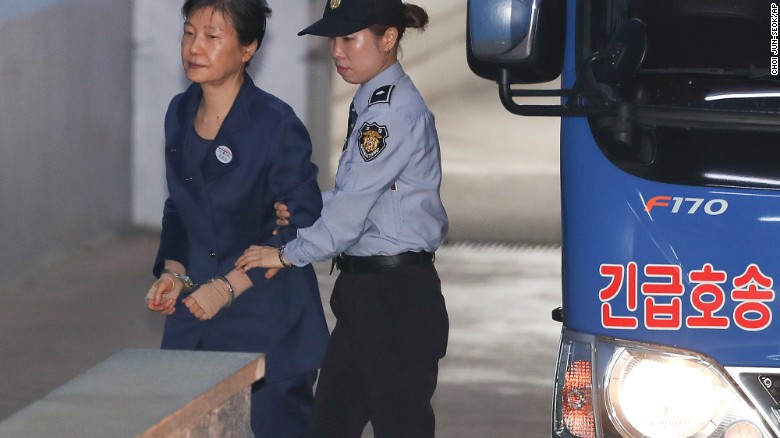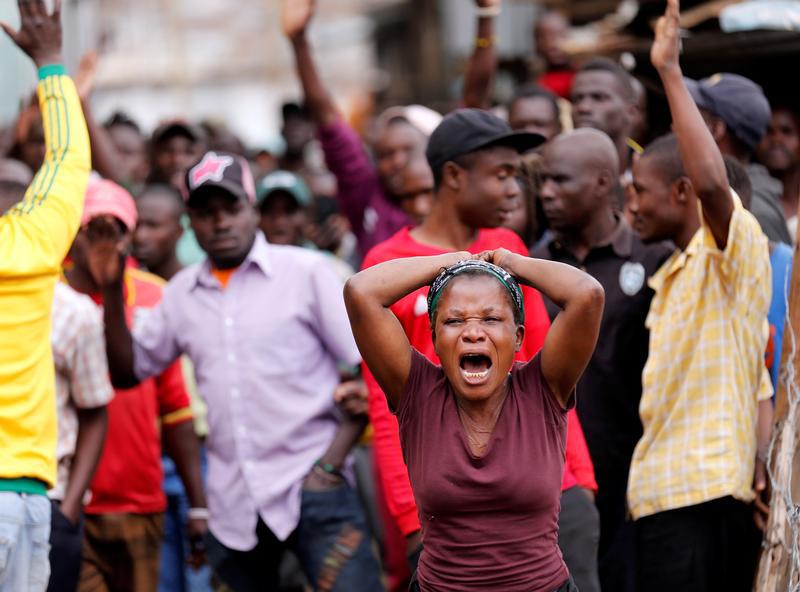Impunity Watch Reporter, Asia

The MH Group is different from Park’s South Korean legal team as it is a global firm that deals with high-profile international cases. Previously, the group has represented the son of the late Libyan leader, Saif Gadhafi.
According to this organization, Park has been living in a dirty, cold, and dark prison cell. Due to these conditions, her lawyer’s claim that she is unable to sleep as she waits for her trial date.
Due to these findings, the MH Group is planning to submit all of the allegations to the United Nations Human Rights Council (OHCHR). The council is scheduled to meet at the end of this month to review South Korea’s record on human rights.
Since her arrest, Park has been suffering from chronic conditions such as, lower back pain, osteoarthritis, malnutrition, and other forms of rare disorders. Based on the draft document published by her lawyers, her conditions have been “getting worse and there is no evidence that she is receiving adequate care.” Furthermore, it is reported that she has been sleeping on the floor in her cell.
The Seoul Detention Center facility where Park is being held, rebutted all allegations against the former leader. The spokeswoman for the detention center stated that she does not believe Park had been treated inhumanely. Moreover, the folding mattress in her cell is adequate as beds are not considered a necessity in South Korea detention centers. The detention center also stated that Park is given meals on a regular basis and allow her to exercise on a regular basis.
The South Korea’s Justice Ministry has released a statement since the allegations were made and said that the government is “guaranteeing proper and sufficient medical treatment by allowing her to receive treatment from in-house medical staff at any time and allowing her to get treatment twice at outside medical facilities.”
For more information, please see:
CNN – Ousted South Korean president suffering in jail, lawyers say – 17 October, 2017
The Korea Herald – Ministry denies alleged mistreatment of jailed ex-president – 18 October, 2017








